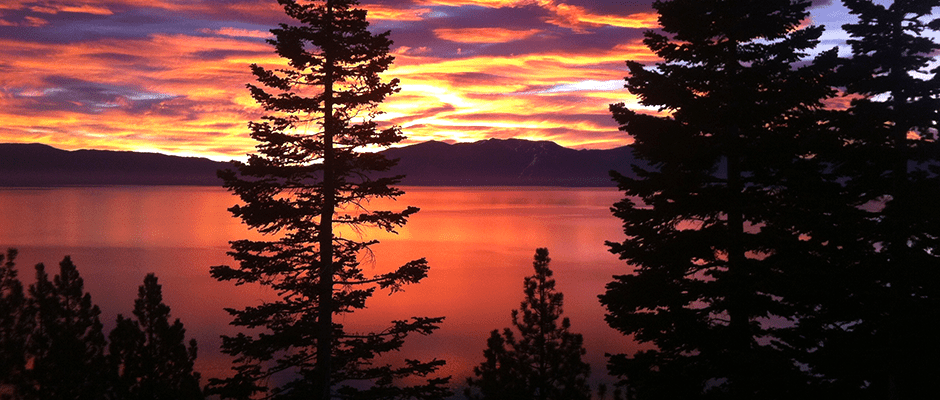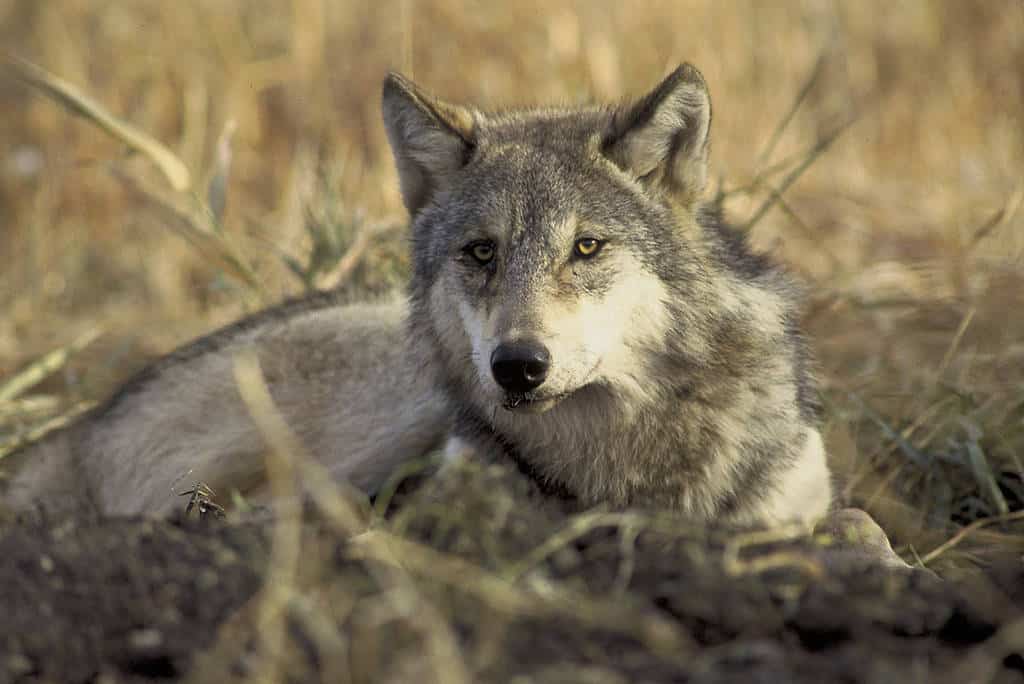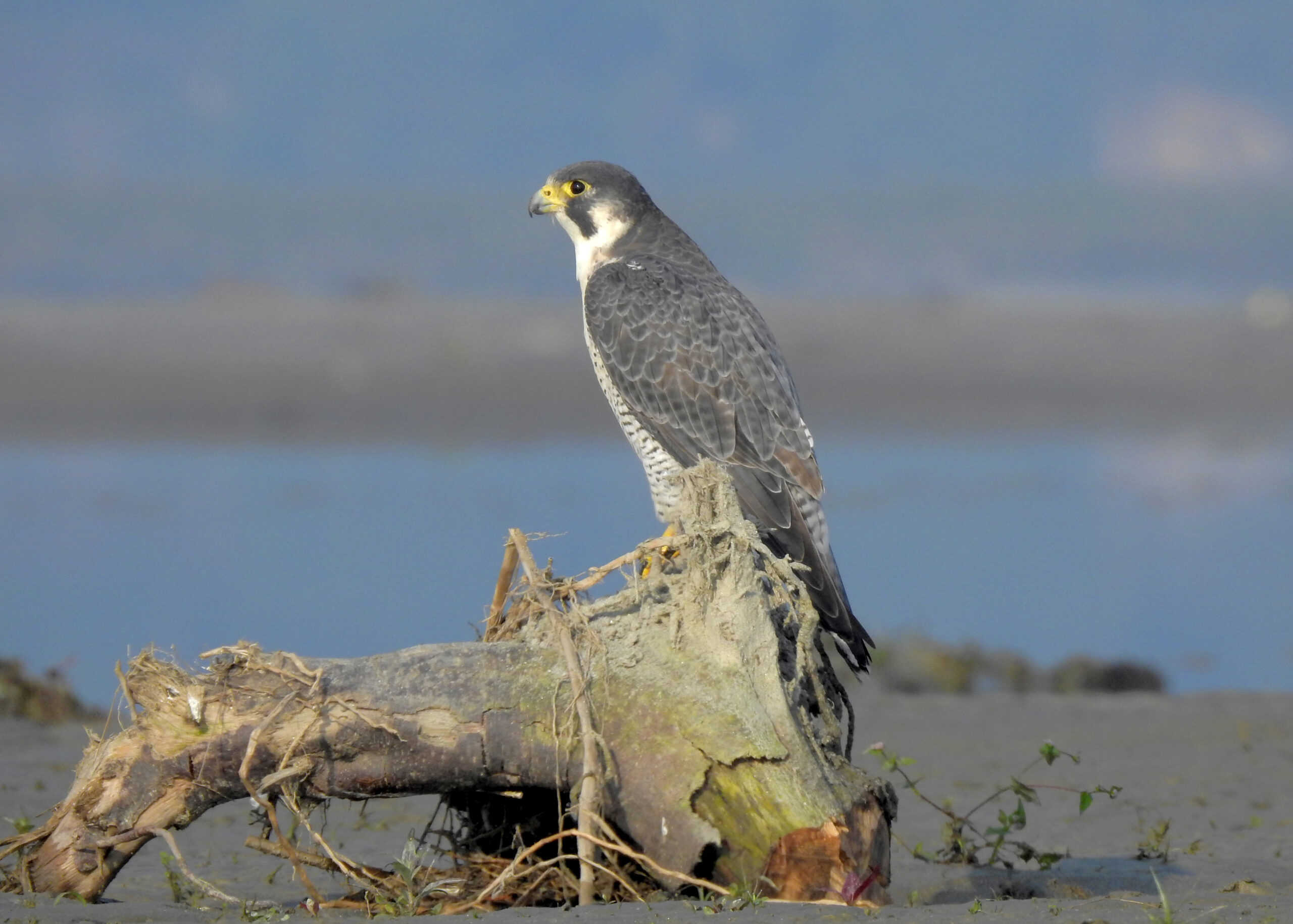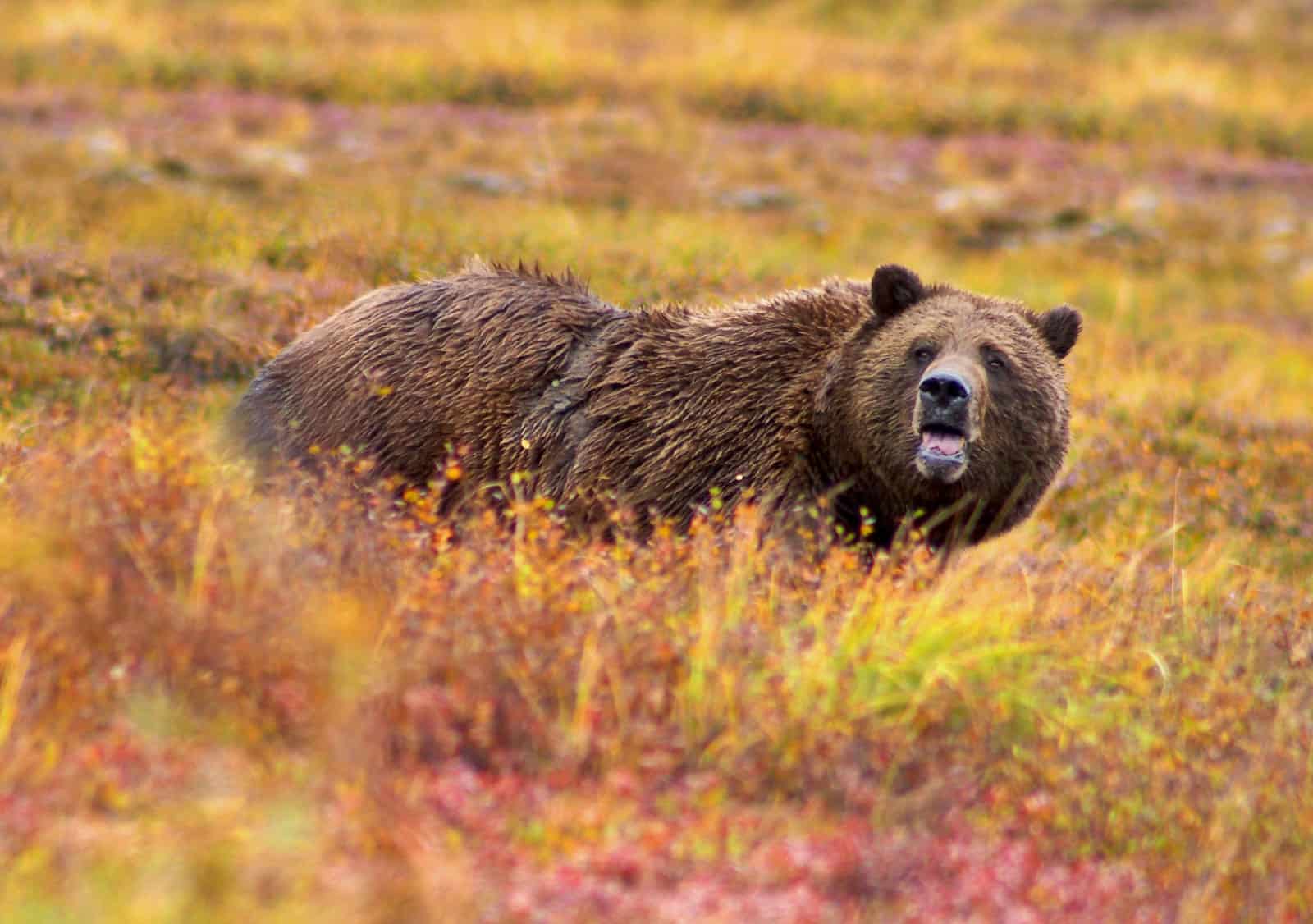Share this article
Resolve in the New Year
The idea of resolutions may seem antiquated to some, but I believe it’s important to reflect on each passing year and what you want to make of the next. As a recent college graduate, I have a lot to reflect upon and a lot of goals to set as I embark on the first steps in my wildlife career. One goal I have set for myself is to be more active in the pursuit of my dream wildlife career. Being more proactive in achieving career and educational goals is a worthy pursuit for anyone reading this.
A career in wildlife biology is not for those who are tentative about achieving their goals. Becoming a wildlife professional requires a willingness to conduct field work and constant communication with professionals and peers. This year, aspiring wildlifers should be more active in reaching their career goals. They should reach out to desired professors whose research matches their interests. They should pay attention to details on job résumés and take the time to call the employer after applying. This hard work and dedication toward the field of wildlife biology will not go unnoticed by future employers.
Along with being more active in pursuing their personal careers, I would encourage all young wildlife professionals to be more involved in their communities. Volunteering with local hunting clubs, nature centers, or non-profits, such as the Sierra Club, will provide students with much-needed experience. Furthermore, students should attend public meetings or contact state representatives about issues relevant to wildlife habitat and natural resource use. As members of TWS, we are stewards for science, which makes our voices invaluable in our communities and our government.
Becoming a wildlife professional is not earned by sitting back and waiting for opportunities. Wildlife professionals are determined, passionate, and hard working. We are committed to our scientific values and are dedicated to bettering ourselves professionally. The students reading this newsletter are the future of wildlife biology. Therefore, they must be active in the pursuit of desired careers, committed to the continuation of research and development, and knowledgeable about political agendas and policies, so that together, we may provide the best environment for wildlife.
This article originally appeared in the February 2017 edition of the Student Development Working Group’s newsletter, The Student Chronicles.
Header Image: ©Denise Yang








